AI is reshaping the modern workforce at breakneck speed. By 2029, it’s expected to outperform humans by 10,000 times in various tasks1. This tech revolution has grown into a trillion-dollar industry1.
AI’s data and algorithms are constantly learning and improving. The scale of this change is astonishing. Your job and future may hang in the balance.
AI is already replacing humans in manufacturing, retail, and journalism1. It’s cutting costs and streamlining processes across industries. No job is safe from this technological juggernaut1.
Don’t wait to act. The time to adapt is now. Otherwise, you risk being left behind in this unstoppable wave of change.
Key Takeaways
- AI is projected to outperform humans by 10,000 times in various tasks by 2029.
- AI has rapidly evolved into a trillion-dollar industry, driven by data and algorithms.
- Industries like manufacturing, retail, and journalism are already implementing AI to replace human labor.
- The time to adapt and future-proof your career is now before you’re left behind.
- Understanding the scale and timeline of AI’s impact on the workforce is crucial for survival.
The AI Revolution: Understanding the Scale of Workforce Transformation
AI and automation are changing the global job market fast. Experts predict AI could affect 400-800 million jobs by 2030. This shift isn’t just about job loss. It’s also about new roles and the need to adapt skills.
Workers must prepare for a new era in the workforce. The change is huge, affecting up to 30% of jobs worldwide.
Current Impact Statistics on Job Displacement
AI is already changing many industries. Some areas are more at risk than others. The timeline for AI adoption varies greatly across sectors.
Customer service, content creation, and translation are highly susceptible to automation. AI systems are making big changes in these areas. Workers need to update their skills quickly.
Industries Most Vulnerable to AI Disruption
- Customer service
- Content creation
- Translation services
Timeline of AI Integration in Various Sectors
AI integration varies across industries. Finance and healthcare have already seen big changes. Other sectors are just starting to use AI technologies.
This uneven change highlights the need for adaptability. Both businesses and workers must stay alert as they face the AI revolution.
| Industry | AI Integration Timeline |
|---|---|
| Finance | Significant disruption is already underway |
| Healthcare | Substantial AI adoption in recent years |
| Retail | Gradual integration, with increasing automation |
| Manufacturing | Rapid AI integration, particularly in automation |
AI is changing the workforce in big ways. We need smart plans to handle this change. Understanding AI’s impact helps us prepare better.
People and companies can thrive in the new AI job market. They can build future-proof skills and reduce workforce displacement risks.
“The AI revolution is not just about job loss, but also the creation of new roles and the pressing need for workers to adapt their skills to remain relevant in the evolving job landscape.”
Machine Learning Models Reshaping Traditional Job Roles
Machine learning algorithms are transforming job roles across industries. These powerful deep learning algorithms can now perform tasks once done only by humans. They’re augmenting human capabilities, creating new hybrid roles that blend human expertise with AI-powered insights4.
AI research scientists develop cutting-edge technologies and revolutionary algorithms4. Machine learning engineers build AI systems for fraud detection and autonomous vehicles4. By 2025, demand for ai professionals will rise in healthcare, education, and manufacturing.
Data scientists analyze large datasets to improve machine learning models4. Natural Language Processing (NLP) specialists enable AI to understand human language. AI ethics specialists ensure fairness and minimize biases in algorithms4.
Robotics engineers design AI-powered robots for various industries. AI software developers create AI-driven applications. AI trainers refine machine learning models4.
New hybrid roles are emerging. AI-Driven Marketing Strategists and AI-Powered Healthcare Consultants blend AI expertise with traditional fields. These roles offer exciting data science careers across industries.
“The integration of machine learning is not just about automation, but about augmenting human capabilities, leading to the emergence of new hybrid roles that combine human expertise with AI-powered insights.”
Natural Language Processing: How AI is Transforming Communication-Based Jobs
NLP is changing communication jobs like customer service, content creation, and translation. AI chatbots now handle simple customer queries. This frees human agents to tackle complex issues.
GenAI could add $200-$340 billion yearly to global banking. This represents 9%-15% of operating profits. 61% of banking tech leaders see AI as crucial for short-term goals.
Impact on Customer Service Roles
AI chatbots quickly understand and answer customer questions. They provide fast, accurate solutions. About 80% of U.S. workers may see 10% of their tasks affected by AI.
These AI tools enhance, not replace, human agents. People are still needed for nuanced communication and empathetic problem-solving.
Content Creation and AI Writers
AI writing assistants are changing content creation. They generate drafts and help with research and ideas. GenAI speeds up software development and reduces errors.
AI writers boost productivity. But human creativity and expertise are vital for high-quality, impactful content.
Translation and Interpretation Services Evolution
NLP is improving translation and interpretation services. It makes them more accurate and efficient. GenAI learns from large models using industry data.
It quickly adapts to new scenarios without new programming. Human translators are still needed for cultural nuances and specialized terms.
NLP tools enhance communication jobs but don’t replace humans. The goal is to use AI to empower workers, not replace them.
Companies should focus on long-term AI strategies and partnerships. They must ensure AI models don’t introduce bias, especially in critical areas like loan approvals.
Experienced individuals should focus on ethical considerations. This helps companies adhere to regulatory requirements5.
The Human Edge: Skills AI Cannot Replicate
Machines are becoming more capable of replicating human tasks. Yet, humans possess unique skills that AI can’t match. These future-proof abilities will remain in high demand in the AI job market.
Emotional intelligence is a skill AI struggles to emulate. Humans excel at understanding complex social dynamics and providing empathy. We offer nuanced interpretations of intricate scenarios that AI can’t replicate.
Accenture’s 2023 Technology Vision report indicates that 95% of executives surveyed view natural language processing advances as a new era of enterprise intelligence, but human emotional understanding surpasses current AI models6.
Creative problem-solving and strategic thinking are invaluable skills AI hasn’t mastered. Humans excel at identifying patterns and generating innovative solutions. We make complex decisions in unpredictable situations, crucial for thriving in evolving business landscapes.
CPOs must focus on achieving procurement impact within months or weeks, not years, reflecting the demand for speedy results.6
Developing these uniquely human skills provides job security and a competitive edge. Nurturing human creativity that AI can’t replicate helps individuals and organizations thrive in the AI-driven workplace.
“Embracing generative AI can enhance data-driven decision-making, augmenting human expertise rather than replicating it entirely.”
| Platform | Offerings | Audience |
|---|---|---|
| CloudShare | Enterprise IT training, software demos, and proof-of-concept (POC) environments | Enterprise-level organizations |
| A Cloud Guru (ACG) | Cloud training with labs focused on AWS, Azure, and Google Cloud, and certification-focused pathways | Cloud computing professionals |
| Skillable | Labs covering cybersecurity, networking, cloud computing, and software development, with customizable labs and real-time progress monitoring | IT professionals and students |
| Microsoft Learn Sandbox | Hands-on labs for Microsoft technologies like Azure, Dynamics 365, and Microsoft 365, with structured guided exercises and free access to many labs | Microsoft technology users and administrators |
| AWS Training and Certification Labs | Hands-on experience in AWS tools and services, suitable for training teams on cloud computing skills aligned with AWS certification exams | AWS users and cloud computing professionals |
| IBM Skills Network Virtual Labs | Training in data science, AI, and cloud computing within the IBM ecosystem, with labs tailored to advanced technology fields | IBM technology users and data professionals |
| Oracle Cloud Infrastructure (OCI) Labs | Hands-on training for Oracle cloud environment, data management, database administration, and certification prep, suited for organizations using Oracle products | Oracle cloud users and database administrators |
- Emotional intelligence
- Creative problem-solving
- Strategic thinking
- Complex decision-making in unpredictable situations
AI Training, Career Opportunities, Future-Proofing Careers
The AI revolution is changing the workforce. Adapting and future-proofing your career is now essential. Success lies in gaining the right skills and embracing new opportunities.
Essential Skills for the AI Era
Professionals must develop skills that complement AI systems. Data literacy, programming, and AI ethics are crucial. The ability to collaborate with AI is also important8.
Continuous learning in these areas is vital. It will help you succeed in the evolving job market.
Emerging Job Roles in AI
AI has created new job opportunities. These roles leverage human-AI synergies. AI ethicists, machine learning engineers, and AI-human collaboration specialists are in high demand9.
Organizations need experts to harness AI power. They also need to address ethical concerns. Exploring these roles can lead to exciting career paths.
Career Transition Strategies
Transitioning your career requires a growth mindset. Develop skills that complement AI, not compete with it10. Focus on areas where human skills enhance AI capabilities.
This approach will future-proof your career. It will position you for success in the changing job market.
Embracing AI challenges and opportunities is crucial. Invest in the right skills and explore new job roles. Plan for a smooth career transition.
These steps will help you navigate the AI revolution. They’ll secure your place in the future of work.
Building an AI-Ready Talent Pipeline
Companies need to build an AI-ready talent pipeline as AI revolutionizes industries. This requires collaboration between educational institutions, businesses, and governments. Together, they can develop a workforce skilled in cutting-edge technologies11.
Schools are updating their curricula to include AI and data science courses. This equips future AI professionals with essential knowledge and tools. Businesses are also investing in training programs to upskill their current workforce11.
Apprenticeship programs are gaining popularity to bridge academic learning and practical experience. These programs offer hands-on training in AI-related fields. Participants develop skills necessary for success in this dynamic landscape11.
“Over 90% of younger workers express increased engagement when their company has a clear succession plan in place.”11
Talent pipelineIn today’s rapidly evolving job market, organizations must prioritize building an AI-ready talent pipeline to remain competitive. As artificial intelligence continues to permeate various sectors, it is essential for companies to invest in developing employees with the right skills and knowledge to leverage cutting-edge technologies. By doing so, they not only future-proof their workforce but also cultivate a culture that embraces innovation and adaptability. One effective approach to achieving this goal is to offer training programs that include artificial intelligence certifications, which can equip employees with the necessary expertise in AI frameworks, data analysis, and machine learning.
Moreover, fostering a collaborative environment where employees are encouraged to explore and experiment with AI tools can significantly enhance the talent pipeline. Companies should consider partnering with educational institutions and online platforms that specialize in technology training to provide opportunities for hands-on learning. This will allow employees to gain practical experience and stay updated on the latest advancements in artificial intelligence, ultimately bolstering their confidence and competence in applying these cutting-edge technologies in their day-to-day responsibilities.
Succession planning is another key component of constructing a robust talent pipeline. By identifying and nurturing employees with high potential, organizations can ensure a steady flow of capable leaders ready to tackle future challenges. Integrating AI-focused leadership training into these development strategies will prepare aspiring leaders to make informed decisions about the implementation of AI solutions and enhance overall organizational efficiency. This proactive approach not only supports individual career growth but also strengthens the company’s overall capacity to navigate technological transformations.
In conclusion, building an AI-ready talent pipeline requires a comprehensive strategy that encompasses targeted training, skill development, and leadership preparation. Companies that prioritize artificial intelligence certifications and foster a culture of continuous learning will be well-positioned to adapt to the increasingly complex landscape of cutting-edge technologies. By investing in their workforce today, organizations can create a sustainable and innovative future that harnesses the transformative potential of artificial intelligence.
involves nurturing existing employees with high potential. Companies can create robust talent development strategies through succession planning. This ensures a steady stream of capable leaders ready for future challenges11.
Cutting-edge technologies have transformed talent management. Software solutions and data analytics tools help companies develop their AI professionals pipeline. These tools identify crucial roles, assess required skills, and design training programs11.
Investing in talent development positions companies for success in the digital landscape. It ensures they have the right people and skills to thrive in the AI era11.
The Economic Impact of AI Workforce Integration
AI integration is rapidly changing industries and economies worldwide. Businesses must analyze costs and benefits of these new technologies. The global economy is preparing for major shifts in the coming years.
Cost-Benefit Analysis for Businesses
Businesses face hefty upfront costs for AI tech and employee training. Yet, long-term gains in productivity and efficiency can yield substantial returns.
OMRON’s expansion at Western Sydney University’s Engineering Innovation Hub illustrates this. It’s set to boost the local economy by $150 million over five years. The Proof of Concept Centre will attract 5,000 visitors annually.
OMRON has been named one of the World’s Top 100 Innovators for eight years running. They excel in Automation, Robotics, AI, Machine Learning, Sensing, and Controls.
Global Economic Shifts
AI’s workforce integration will significantly impact the global economy. PwC predicts AI could add $15.7 trillion to the world economy by 2030.
However, this growth may not be equal across all regions. AI adoption varies widely between countries, potentially widening economic gaps. AI readiness, R&D investment, and skilled talent will determine which economies thrive.
“The integration of AI in the workforce has significant economic implications, both for individual businesses and the global economy as a whole. Companies must carefully evaluate the costs and potential benefits, while policymakers and economic leaders must address the uneven distribution of AI-driven growth to ensure a more equitable future.”
The AI revolution is reshaping our workforce and economy. Businesses and policymakers must navigate this new landscape with foresight and adaptability. Their goal: to harness AI’s full potential for everyone’s benefit1213.
Ethical Considerations in AI-Driven Job Displacement
AI is reshaping the workforce, bringing both benefits and challenges. It’s vital to address the ethical issues of AI-driven job displacement. We must ensure fair transitions for workers affected by these changes14.
Bias in AI systems could unfairly impact certain groups14. Human oversight is crucial in AI-related decision-making. Transparency in AI development can build trust among affected communities15.
Supporting displaced workers is a key ethical concern. Re-skilling programs and safety nets are needed to help people adapt. This approach promotes workforce resilience and addresses potential economic disruption16.
Universal basic income is being discussed as a solution. It could help ease the negative effects of AI job displacement. The debate continues on its ethical and practical implications1615.
Tackling these challenges requires a balanced approach. We must prioritize worker well-being and responsible innovation. Collaboration between policymakers, industry leaders, and communities is essential15.
By addressing these ethical issues, we can shape a better future. AI’s power should enhance, not undermine, our workforce and society14.
Success Stories: Companies Thriving in the AI Transition
Some organizations excel at adapting to artificial intelligence (AI). They use AI to transform their companies. These businesses empower workers through smart reskilling programs17.
Case Studies of Successful Adaptation
Amazon leads in e-commerce by using AI in warehouse operations. They optimize inventory and streamline logistics. The company invests heavily in retraining workers for AI-driven environments18.
IBM’s “New Collar” jobs initiative focuses on practical skills. It helps employees move into AI-related roles. IBM fosters continuous learning, becoming a leader in the AI revolution18.
Google, an AI research pioneer, takes a proactive approach to reskilling. Their AI residency program trains employees across departments. This helps staff explore AI applications in their fields18.
Employee Reskilling Programs
These stories show the value of investing in employee development. It’s key for successful AI integration. Reskilling initiatives unlock AI’s potential, fostering collaboration between humans and technology18.
The AI revolution reshapes the workforce. Companies that blend tech innovation with workforce development will lead their industries19.
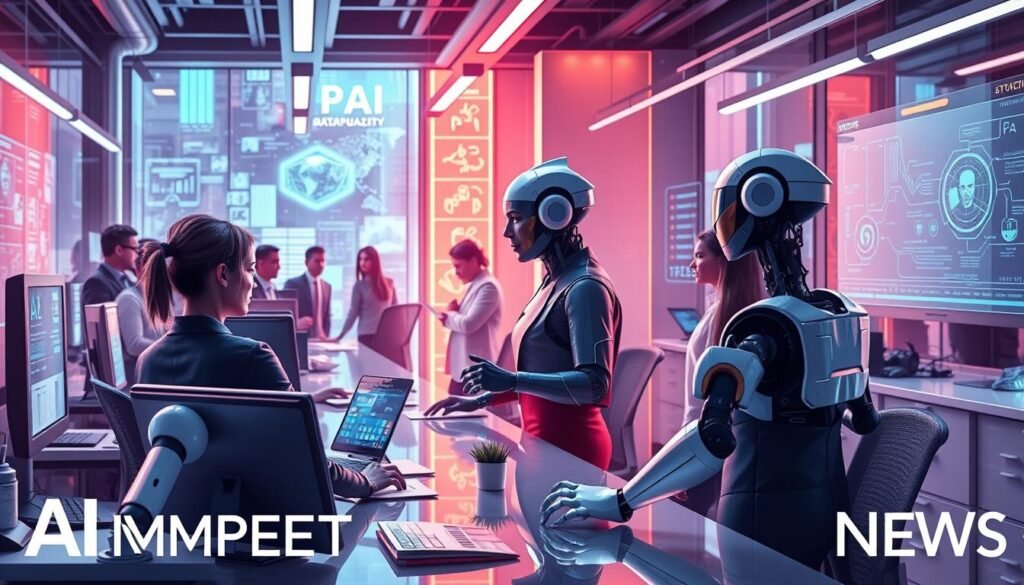
“The future of work is not about AI versus humans, but about AI and humans working together to create a better world.” – Rishad Tobaccowala, Author of “Rethinking Work”
The Evolution of Workplace Culture in the AI Era
AI is reshaping the modern workplace, impacting organizational culture profoundly. It’s ushering in a new era of human-machine collaboration. This requires a fundamental shift in approaching daily tasks and interactions20.
Continuous learning and adaptability are now crucial. Employees must embrace lifelong learning to work effectively with AI systems. This collaborative approach has become essential in the workplace20.
AI handles routine tasks, allowing humans to focus on complex responsibilities. These include creative and emotional intelligence-driven work. Organizations value these “human edge” skills more than ever20.
Work is evolving to emphasize uniquely human capabilities. Problem-solving, strategic thinking, and empathetic communication are in high demand. Companies actively seek ways to nurture these skills20.
Ethical considerations are arising from AI use in organizations. Ensuring transparency, accountability, and fairness in AI-driven decisions is crucial. Companies strive to build trust and maintain employee well-being20.
Successful organizations embrace AI opportunities while prioritizing human workforce development. They foster collaboration, continuous learning, and ethical AI practices. This positions companies for long-term success in the AI-driven future20.
Conclusion
The AI revolution is transforming the workforce. It’s not just about job displacement. Instead, it offers opportunities for those willing to adapt and grow21.
AI will reshape traditional roles and responsibilities. It also creates new ways for professionals to collaborate with technology. This partnership can enhance capabilities and unlock innovative career paths21.
The future of work favors those who can harness AI’s power. Developing uniquely human skills that complement machine intelligence is crucial. Continuous learning and adaptability are key to thriving in the AI-driven economy21.
This transformation is an opportunity to reimagine your professional journey. It’s a chance to unlock new avenues for growth. The AI workforce revolution isn’t something to fear22.
It’s a call to action. You can proactively shape your own future. Contribute to the evolution of work in the 21st century. Embrace the change and thrive in this new era22.
FAQ
What is the predicted impact of AI on the global workforce?
Which industries are most vulnerable to AI-driven job displacement?
How are machine learning models impacting traditional job roles?
How is natural language processing (NLP) transforming communication-based jobs?
What human skills remain irreplaceable by AI?
What are the essential skills for thriving in the AI era?
How are companies and educational institutions preparing for the AI-driven workforce transformation?
What are the economic implications of AI integration in the workforce?
What are the ethical considerations surrounding AI-driven job displacement?
What are some examples of companies successfully navigating the AI transition?
How is workplace culture evolving in the AI era?
Source Links
- Elon Musk’s Dire Warning For 2029 AI Dominated World. Are We Establishing The Conclusive Threat To Human Employment And Freedom? – Inventiva – https://www.inventiva.co.in/trends/elon-musks-dire-warning-for-2029-ai-dominated-world-are-we-establishing-the-conclusive-threat-to-human-employment-and-freedom/
- Bridging academia and industry through business research – https://thefinancialexpress.com.bd/education/article/bridging-academia-and-industry-through-business-research
- Why one should learn debating even after graduation – https://thefinancialexpress.com.bd/education/article/why-one-should-learn-debating-even-after-graduation
- 10 AI Careers to Consider in 2025 – Great ASP – https://greatasp.co.uk/ai-careers/
- Generative AI and human expertise works hand in hand – Scotsman Guide – https://www.scotsmanguide.com/residential/generative-ai-and-human-expertise-works-hand-in-hand/
- How CPOs can Thrive in the Evolving Procurement Environment – https://www.globaltrademag.com/how-cpos-can-thrive-in-the-evolving-procurement-environment/
- Top 10 Virtual IT Labs Software – https://itmunch.com/top-virtual-it-labs-software/
- Freelance On Camera Host TV | Spokesperson Scott Steinberg – https://www.futuristsspeakers.com/freelance-on-camera-host-tv-smt-spokesperson/
- Professional Spokesperson Influencer: Expert Scott Steinberg – https://www.futuristsspeakers.com/professional-spokesperson-influencer-expert/
- YouTube Spokesperson Talent Video Influencer Scott Steinberg – https://www.futuristsspeakers.com/youtube-spokesperson-talent-video-influencer/
- Talent Pipelining and Succession Planning – https://esoftskills.ie/talent-pipelining-and-succession-planning/
- OMRON Launches New HQ at Western Sydney University – https://www.miragenews.com/omron-launches-new-hq-at-western-sydney-1368540/
- 250299.pptx.pptе шсеш шещ нщ щеш аешмшмшесещ – https://www.slideshare.net/slideshow/250299-pptx-ppt/273758512
- GDPR Compliance Made Easy with AI-Powered Image Anonymization – https://medium.com/@API4AI/gdpr-compliance-made-easy-with-ai-powered-image-anonymization-b3d78003bb1c
- Navigating AI Freedom: Lessons from the UK’s Policy Shifts and Historical Technological… – https://medium.com/@PMandCO/navigating-ai-freedom-lessons-from-the-uks-policy-shifts-and-historical-technological-ca1436c69888
- How to Prepare for AI Job Market to Secure Future Success – https://brianvanderwaal.com/how-to-prepare-for-ai-job-market
- How to Use Google’s New AI Hack to Build a $1,000 Monthly Side Hustle from Scratch – https://medium.com/@moneytent/how-to-use-googles-new-ai-hack-to-build-a-1-000-monthly-side-hustle-from-scratch-81435d46cafd
- Job Security in the Age of AI – https://medium.com/@ehteshaamir/job-security-in-the-age-of-ai-de410288ff14
- On Work. – https://rishadt.wordpress.com/2024/12/01/on-work/
- NYCPLAYWRIGHTS – https://www.nycplaywrights.org/
- How to Join the GitHub Student Developer Pack: A Step-by-Step Guide – https://medium.com/@ansshahzad16/how-to-join-the-github-student-developer-pack-a-step-by-step-guide-dbc6416e4ce8
- It’s Time for YOU to Research UAPs: Here’s a Quick Start – https://medium.com/@kellyjoturner/its-time-for-you-to-research-uaps-here-s-a-quick-start-57af956edb6c




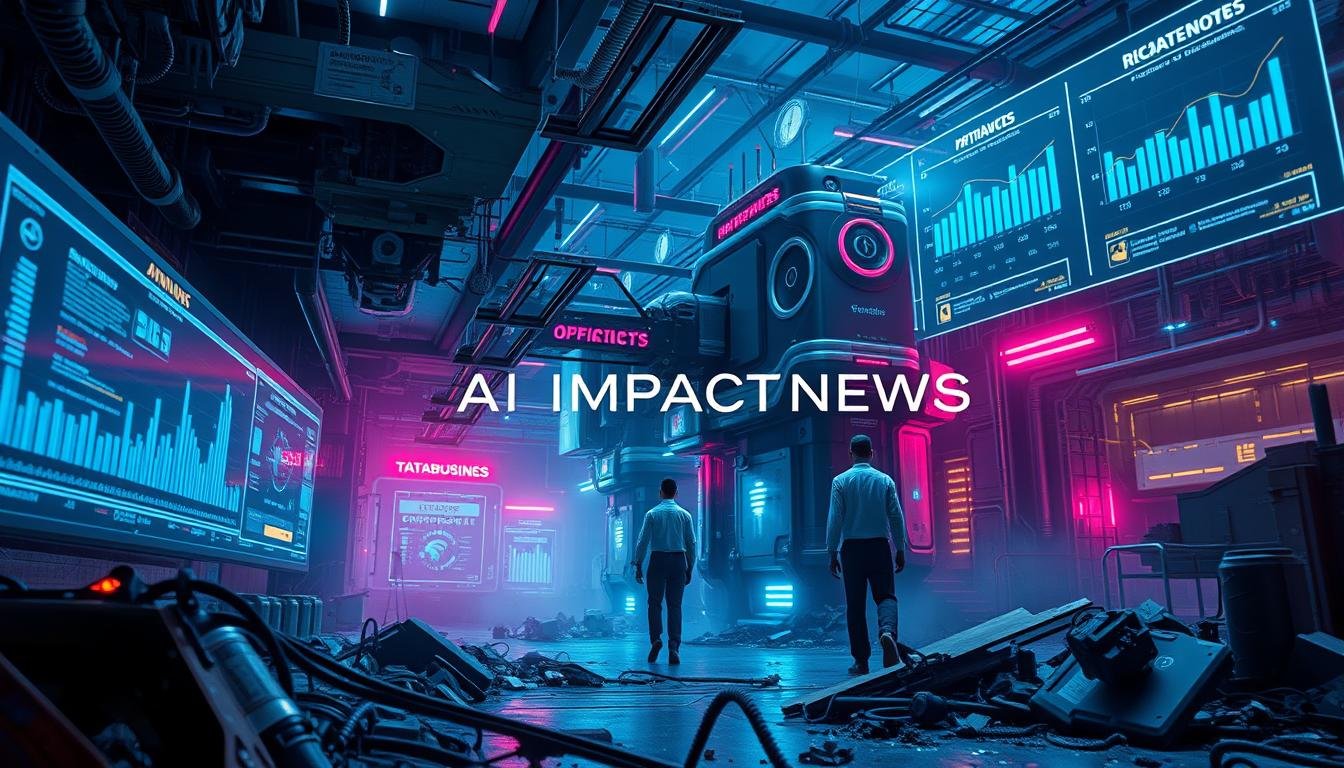
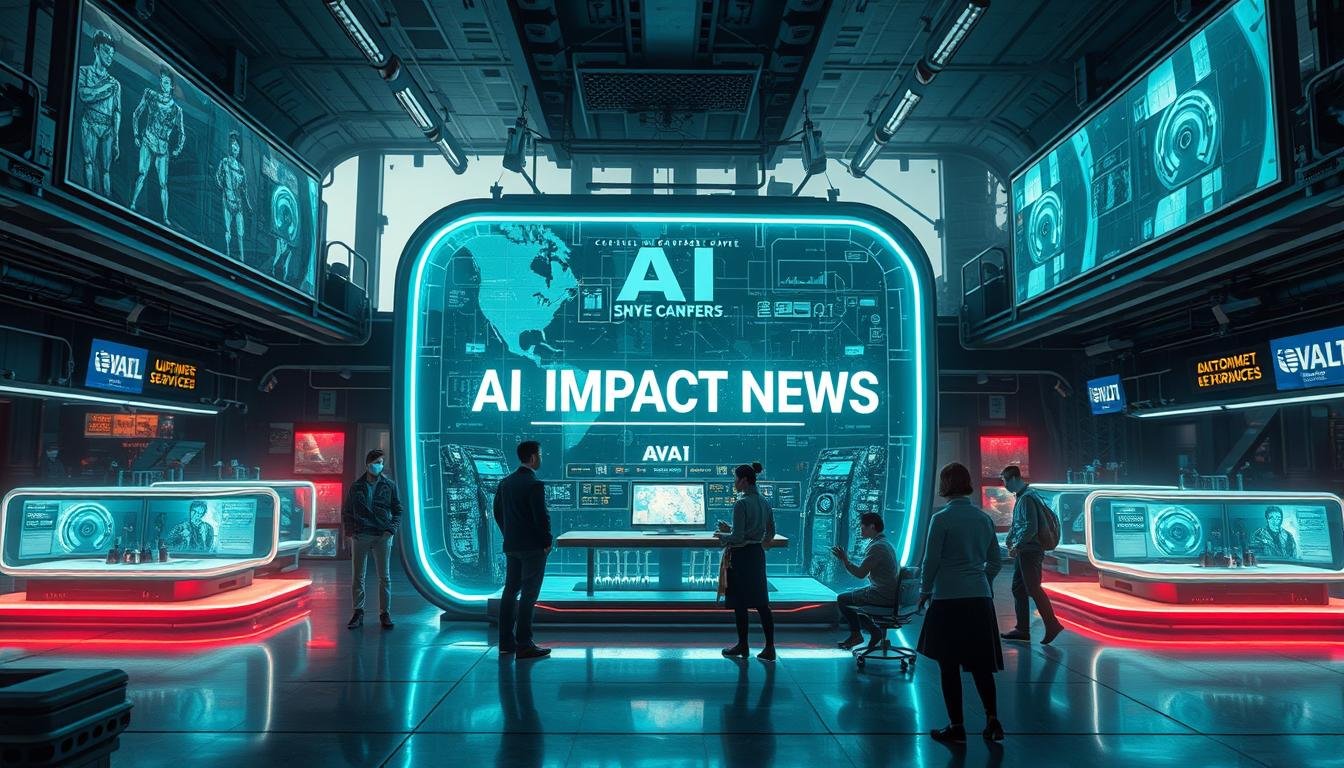
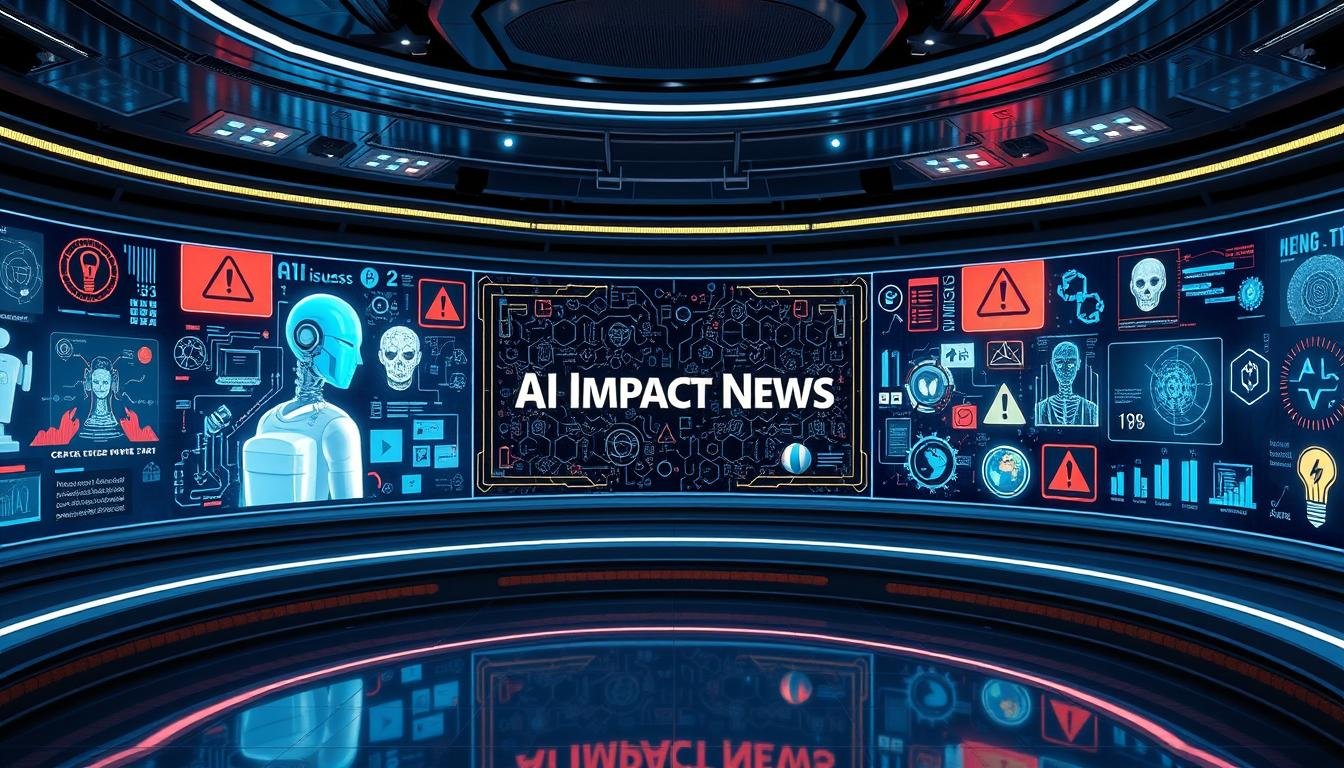
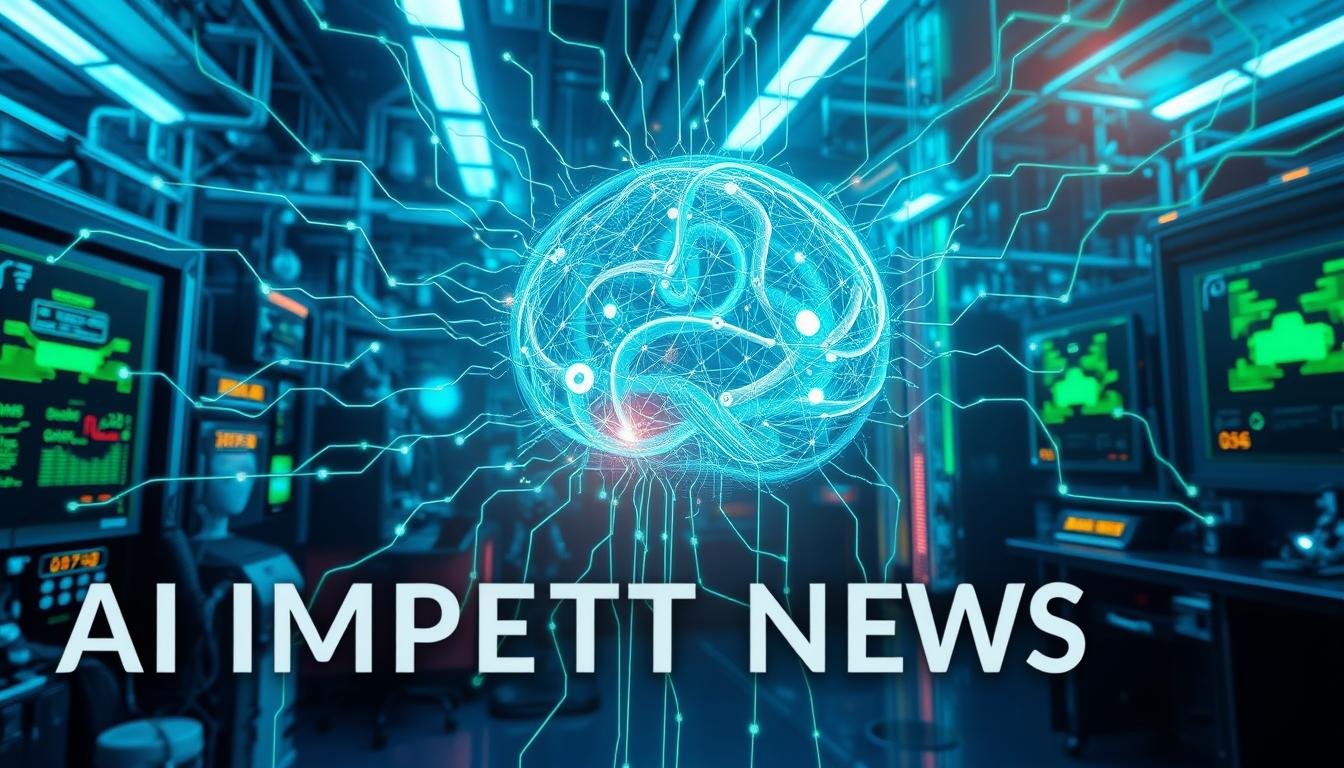

Leave a Reply